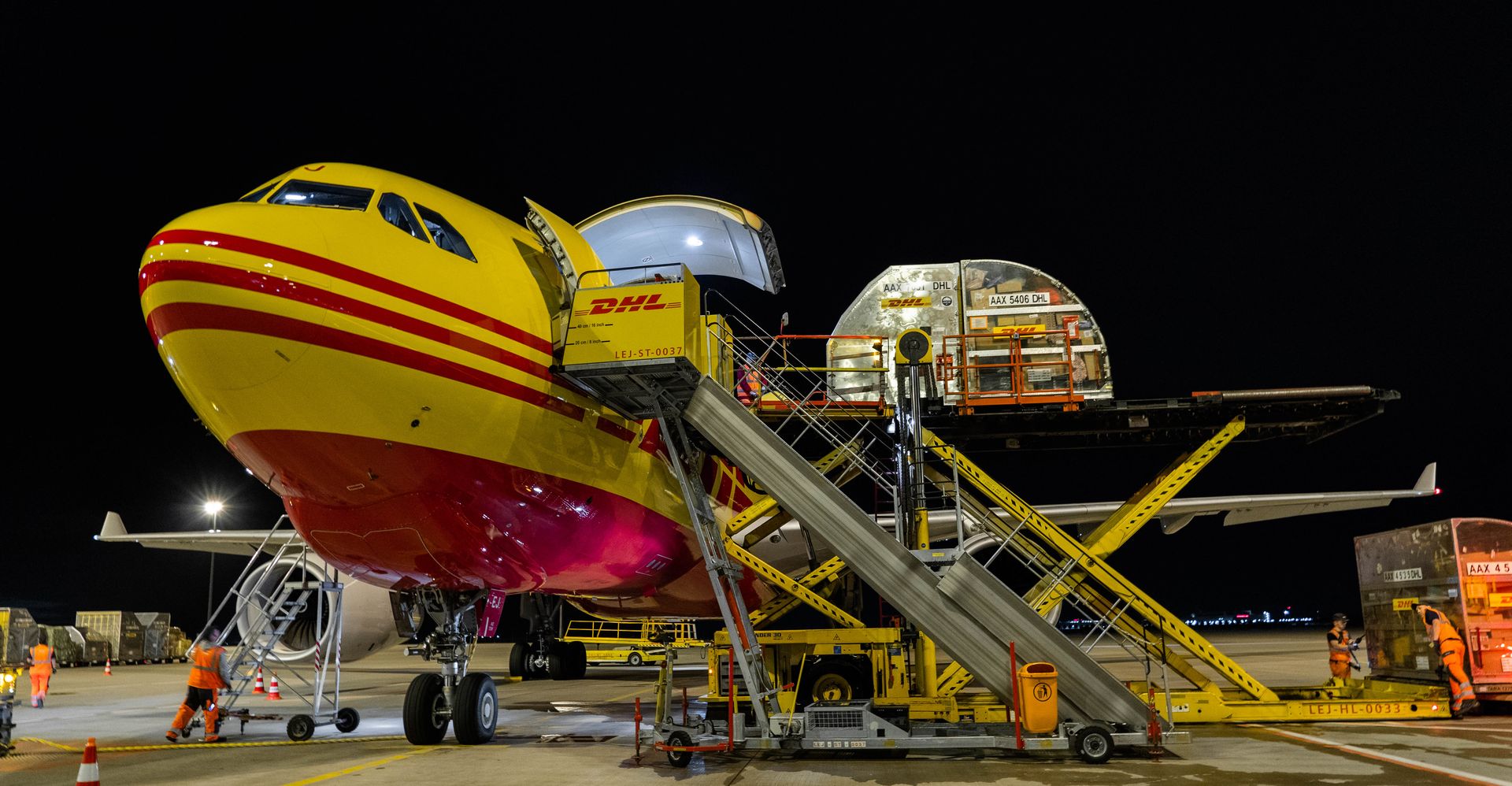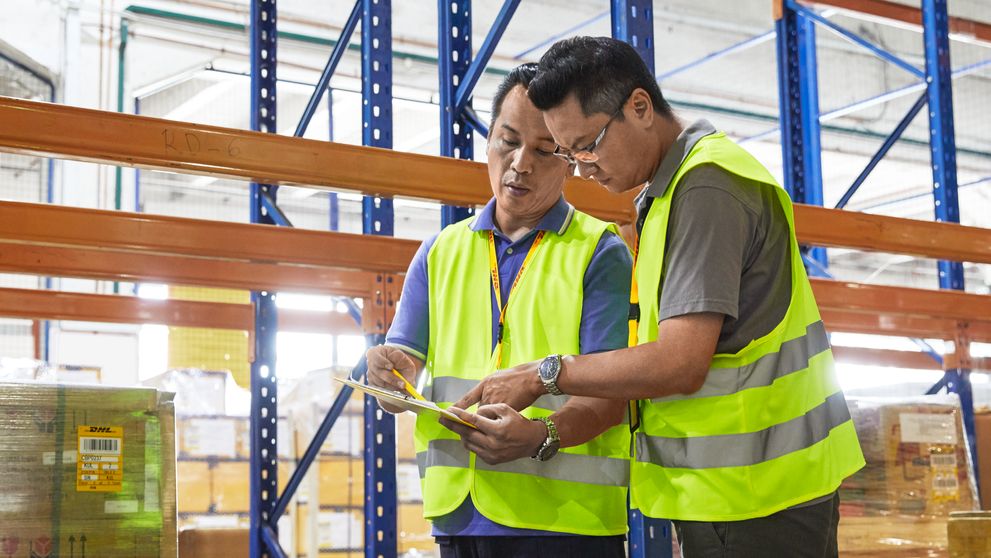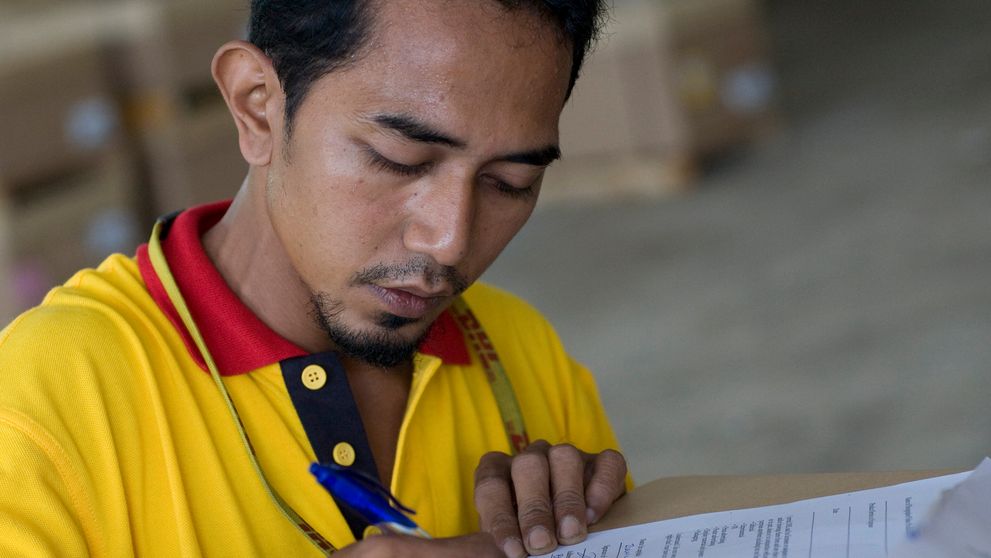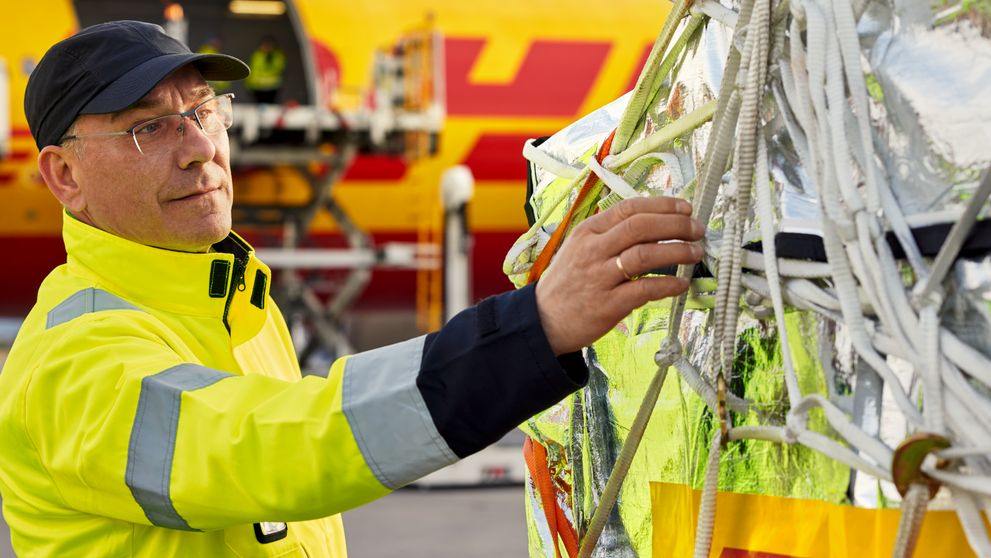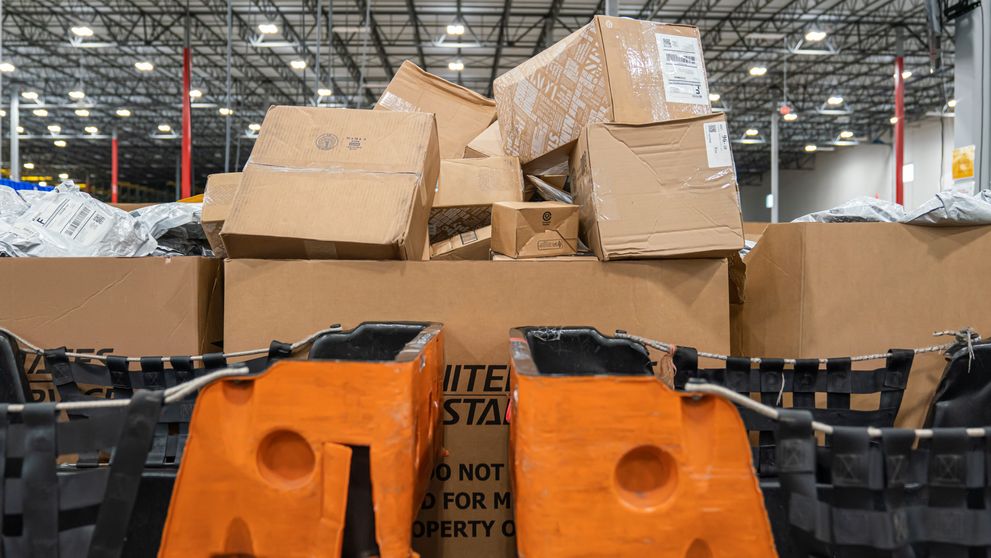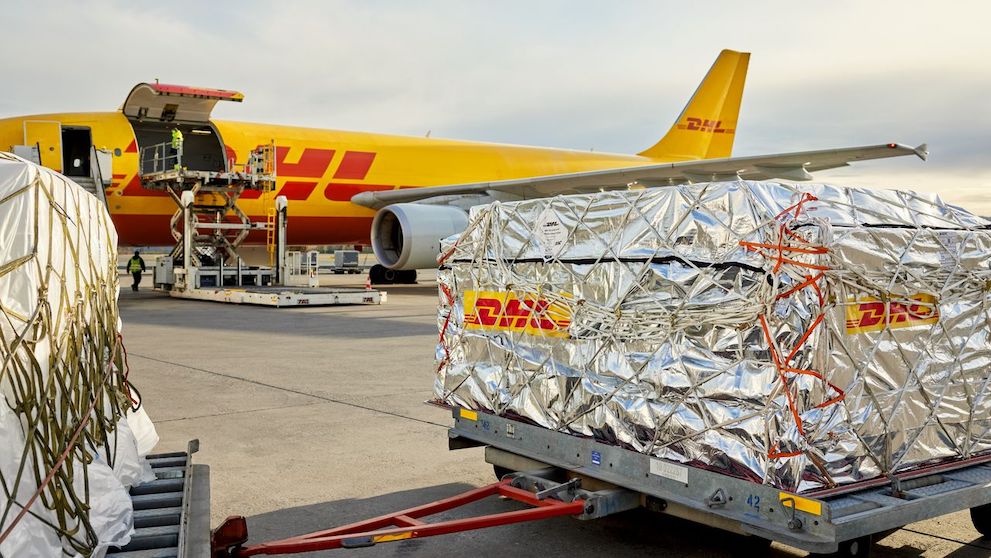
Today, Indonesia is one of the largest countries amongst other Association of Southeast Asian Nations (ASEAN) countries, with a booming economy due to their strongly established bilateral relationship with the European Union (EU). According to the European Commission, in 2020, Indonesia boasted a significant amount of value in their trading goods, at US$20.36 billion, with at least US$7.1 billion of their goods attributed to EU exports.
With these impressive numbers, it is no surprise that many of Indonesia’s exports are shipped to Europe since they are favoured by many European countries. Indonesia even clinched the fifth EU partner spot in ASEAN in 2020.
As such, businesses should leverage this relationship between Indonesia and the EU countries, tap into this trade industry and start shipping to Europe. However, international shipping from Indonesia is no easy process. With many things to consider, including essential documents, taxes and duties, as well as restricted or prohibited goods, it is crucial for businesses to take key precautions and ensure that all criteria are met before their goods reach German customs. Else, they might experience delays or returns in the shipment of their goods.
That being said, with the right measures in place, you will be able to eliminate delays when you ship worldwide from Indonesia, as well as reduce the risks of shipping any prohibited items. Read on and learn how to ship your exports from Indonesia to Germany with this comprehensive guide.
1. Laws and regulations
As the aforementioned points, Indonesia and the EU have enjoyed a deepened and positive relationship which has facilitated more fruitful discussions and negotiations surrounding Free Trade Agreements (FTA). With such conversations, at least 11 rounds of discussions have taken place since July 2016, and more is forecasted to be held soon.
With the EU-Indonesia FTA, the EU's Generalised Scheme of Preferences (GSP) was able to grant Indonesia trade benefits such as lower duties on at least 30% of its exports into Europe. Such arrangements were framed by the Partnership and Cooperation Agreement, along with Indonesia's membership with the World Trade Organisation (WTO) since 1996. Thus, positive relationships between countries are essential and impactful in affecting trade and future business opportunities.
2. Restricted and prohibited goods
All countries prohibit and restrict a unique list of goods. In the same way, certain goods are restricted while others are prohibited from being exported to Germany. This is due to restrictions made by the EU’s foreign trade or security policies, along with the countries’ intention to protect their national interest, citizens and organisations in their country. Therefore, before exporting to Germany, it is important to understand the customs rules and regulations of Germany. Some key goods to take note of include:
- Prohibited goods:
- Waste
- Animals including those threatened with extinction
- Controlled goods:
- Chemicals
- Medical products
- Textile products including clothing
- Weapons
- Organic foods for farming
For the full list of goods subject to restrictions, you should contact the German Customs information desk for more clarity. It should also be noted that there are strict guidelines when it comes to international liquid shipping. Adhering to these restrictions will help smoothen your experience during the customs clearance in Germany and minimize the chances of your shipment getting stuck in or delayed at Indonesian Customs.






